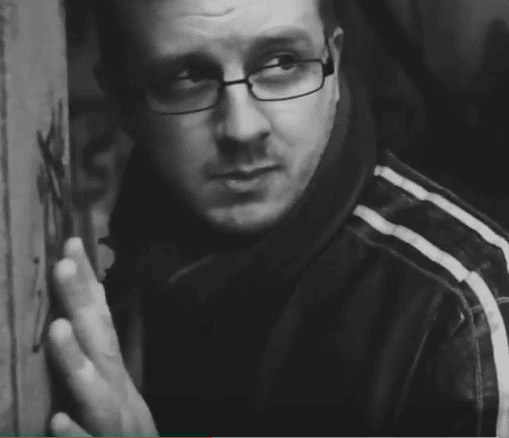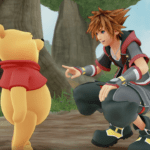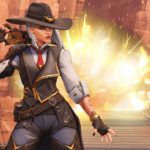Germany USK Lifts Nazi Symbols Ban In Video Games

There are few symbols that hold historical strength like the swastika. The representation of an extremely dark period in world history has rightly been banned in Germany, with exceptions being made for various forms of art (which must meet certain, strict standards). Video games were originally not included for such consideration, however, Germany’s USK (game rating agency) has announced that they are now open to consider games with the same scrutiny as afforded other media in regards to Nazi symbols.
What this doesn’t mean is that there will be an influx of Nazi imagery, however, they will no longer seek to ban all representations of Nazism in games. Wolfenstein 2 is an example of a game in which Germany had all images, including Hitler’s mustache, removed. Here is what the managing director of USK, Elisabeth Secker, had to say to CTV about lifting the ban:
Through the change in the interpretation of the law, games that critically look at current affairs can for the first time be given a USK age rating. This has long been the case for films and with regards to the freedom of the arts, this is now rightly also the case with computer and videogames.”
The German Games Industry Association (GGIA) also issued a statement in which they embraced the change, allowing Nazi symbols in games in Germany, with the association noting that they have spent a long time fighting for games to “play an equal role in social discourse.” Here is what the managing director of GGIA, Felix Falk, had to say in their statement:
Computer and videogames have been recognized as a cultural medium for many years now, and this latest decision consistently cements that recognition in terms of the use of unconstitutional symbols as well. We in the games industry are concerned about the tendencies we see towards racism, anti-semitism and discrimination. We are strongly committed to an open, inclusive society, to the values laid out in the German constitution, and to Germany’s historical responsibility. Many games produced by creative, dedicated developers address sensitive topics such as the Nazi era in Germany, and they do so in a responsible way that encourages reflection and critical thinking. The interactive nature of games makes them uniquely qualified to spark contemplation and debate, and they reach younger generations like no other medium can.”
Games will now be examined in Germany on a case-by-case basis by the USK. They will specifically be seeking to discover if the use of Nazi imagery serves some scientific or artistic purpose, or if they adequately depict historical or current events. This move puts video games in the same arena as other forms of media and will allow German consumers to play many games as they were originally designed to be played.
How will this new interpretation of the law in Germany change the gaming landscape? Join in on the conversation in the comment section below! Don’t forget to follow DFTG on Twitter for live gaming and entertainment news 24/7!

Charles Douglas734 Posts
Deep in the mountains of the south west lives a man who writes game editorials, makes YouTube Videos, and is an overall mega nerd. An avid believer in Unicorns, and your new all star line backer, Number 34, CHARLES DOUGLAAAAAAASSSS!!!!










